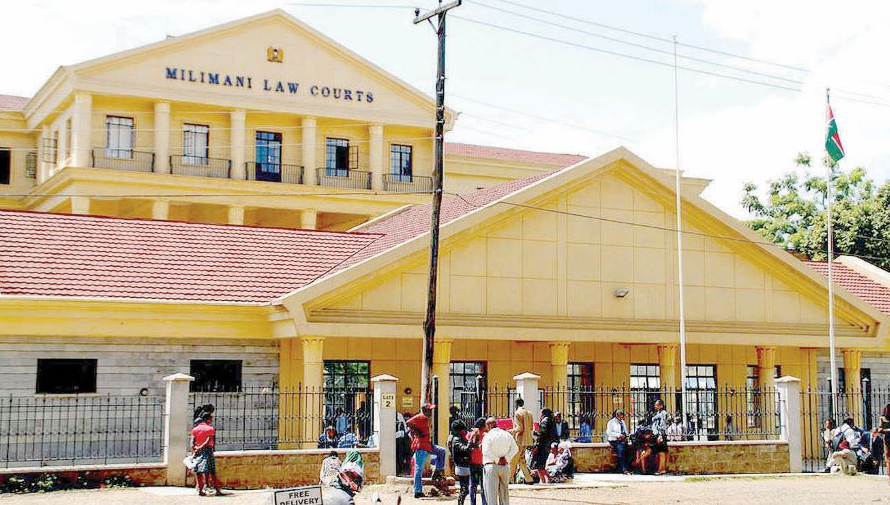Judicial double-edged sword cuts both ways

In a burst of frustration, President William Ruto went on a full frontal attack on the Judiciary.
The President has apparently become increasingly frustrated with what now looks like a pattern in the Judiciary where major Government projects are being stopped by courts by seeming busybodies who have nothing to lose. In the last few months alone, the Government has seen its Finance Act, its privatisation programme, housing levy, universal health reform etc all stopped. This has literally put the Government in limbo with no end in sight. It is quite understandable that the President is getting increasingly frustrated. What is one to make of a court stopping public participation, a basic demand by the Constitution as a prelude to the Government undertaking any initiative?
But he needs to be very circumspect when it comes to dealing with the crisis between his Government and the Judiciary. This is the very Judiciary that halted the Building Bridges Initiative (BBI) that was a juggernaut that had steamrollered all opposition to it.
Ruto, then Deputy President, was against BBI. It was this very Judiciary that gave President Ruto’s electoral victory in 2022 the seal of approval that enabled him to get sworn in. These are but two of the most consequential judgements that have emerged from the courts powered by judicial independence. Judiciary is truly a double-edge sword. And it cuts both ways. It is without doubt that there are some very corrupt elements in the Judiciary. Many people with cases in court corridors have come out badly injured by judgements that were grossly unjust. There have been egregious cases where judges and magistrates have been even arrested for bribery, some nabbed with huge amounts of money.
Obviously, such judicial officers are bribed to subvert justice. The problem is that the Judicial Service Commission (JSC) has been unable to crack the whip on judicial officers to restore public confidence in the integrity of the institution. Even today, judges continue to serve who are having active cases of corruption and abuse of office.
For Chief Justice, Martha Koome, your work is cut out for you. Your legacy can only be restoring integrity of the Judiciary. Given the two scenarios, the President cannot afford to throw out the baby with the bath water. The process of strengthening judicial independence he started when he took office should be the route he needs to use to strengthen integrity in that institution.
Rooting out corruption and bribery from the Judiciary is every bit part and parcel of strengthening the independence of the Judiciary. Independence of the Judiciary is not under threat just from Executive interference. Bribery is every bit a threat, indeed a very insidious one, to the independence of that Judiciary. It is time Kenyans started having
that conversation.
However, whatever he does, the President cannot be the one seen as undermining public confidence in independent institutions. What to do? The President has a wide array of options available at his disposal- both overt and covert, both official and quasi-official- to navigate the conundrum he finds himself in with the Judiciary. He has all the experts and machinery to do so. As for the Judiciary, your work is not to make value judgements on Government programmes. Your work is confined strictly to determining whether a Government programme aligns with constitutional provisions of introducing new taxes.
The Judiciary should keep off purely administrative actions by the Government, especially where development projects and programmes are concerned. However unpopular a Government project or programme is, it is not up to the Judiciary to adjudicate. The fate of the Government is tied up with the projects and programmes it undertakes, and that judgement is why voters go to the polls every five years to render their judgement of what they think of such initiatives.
The Government should be let to hang itself on its own petard, or raised by its own standard. It is a decision the Judiciary must leave to voters.
—The writer can be reached at gathukara@gmail.com











